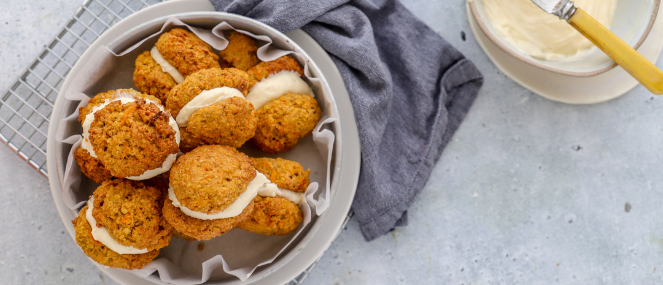
- Health hub/
- Tips & Advice on Cold, Flu & Boosting Immunity/
- Supporting your immune health during flu season


Different from the common cold, the flu is not only caused by a completely different virus, it can also last longer and typically causes symptoms that are more unpleasant than a common cold, too.
It makes sense then that if you could do something support yourself through winter you would, right? Here’s what can help.
Your body has an inbuilt defence system against the flu
We’re talking about your immune system, that complex network of cells and proteins that defends your body against all kinds of infections. And thankfully there are things you can do to support your immune health, including making a few, key lifestyle tweaks. These include taking good care of your gut health, getting plenty of sleep, and eating a diet that supports your immune system.
Interestingly, it’s also your immune system, rather than the virus itself, that causes most of the symptoms if you catch the flu. After the flu virus causes an infection into the respiratory tract and lungs, the immune system sets to work trying to control and clear the virus, and it’s actually this process that causes common flu symptoms like a build-up of mucus, coughing and swollen, painful glands.
Other symptoms of the flu include:
While some of these symptoms can be caused by the common cold, one way to tell the difference between a flu and a cold is that a cold rarely results in fever or body aches and pains.
Three ways to protect yourself from the flu
Given the microscopic size of flu viruses, it’s not possible to completely safeguard against coming into contact with one. But, as well as doing what you can to support your immune system, there are other steps you can take to reduce your risk.
Avoid close contact with people who are sick. Experts think that the main way flu viruses spread is through droplets that are made when people who are sick cough, sneeze or even talk, and these droplets can spread to others standing as far as 1.8 metres away.It’s not possible to avoid everyone who’s sick or contagious, bearing in mind that people can pass on the flu before they develop symptoms, but making a conscious effort to stay clear of friends, family members and other people in your life when they’re sick, is smart. And of course this works in reverse, too – if you’re sick, keep your distance from others to help protect them from catching what you’ve got.
Wash your hands frequently.Another way that flu viruses spread is when you touch a surface that’s been contaminated, and then touch your eyes, nose or mouth. And flu viruses survive a lot longer out in the open than you might think – as long as 30 minutes on unwashed hands, around 12 hours on soft surfaces and up to two days on some hard surfaces. It means that washing your hands frequently is another step you can take to reduce your chances of catching the common cold or flu. To be effective, it’s important to wash your hands properly rather than only giving them a quick splash under the tap.
Get vaccinated.The flu vaccine may provide a level of protection and can help to reduce symptoms if you do get sick with the flu.
In Australia, the flu shot is available once a year to everyone over the age of six months. Immunity from the vaccine is strongest in the three or four months after vaccination, so it’s important to time it right. In this part of the world, flu season usually runs from June to September, with August being the peak, so getting a flu shot in April or May is recommended.




